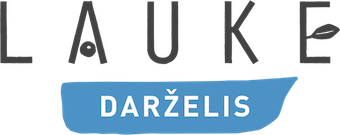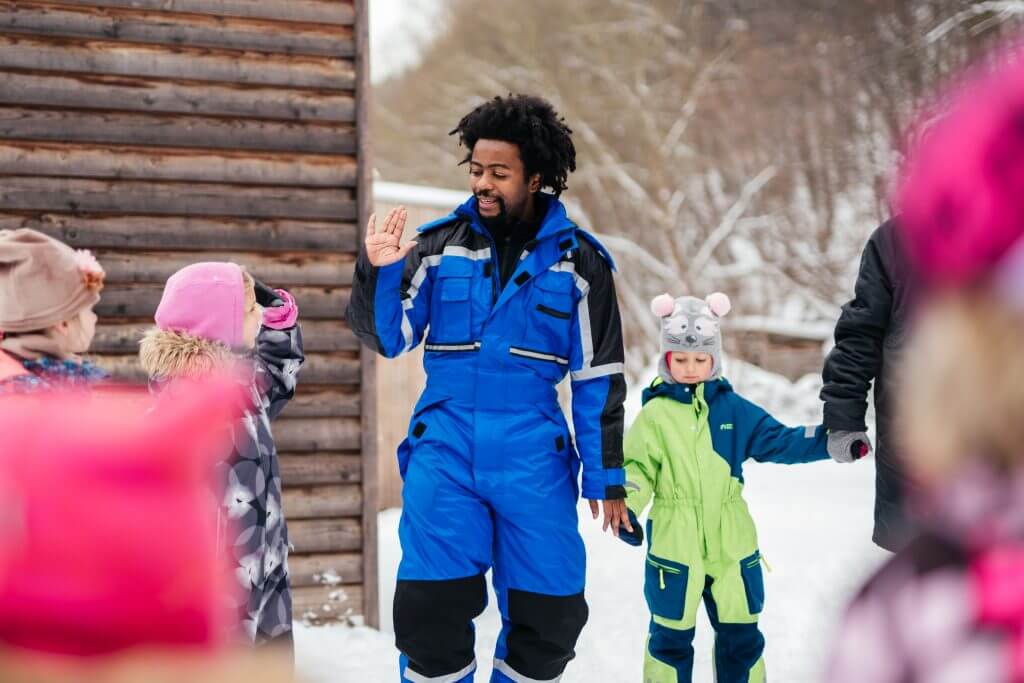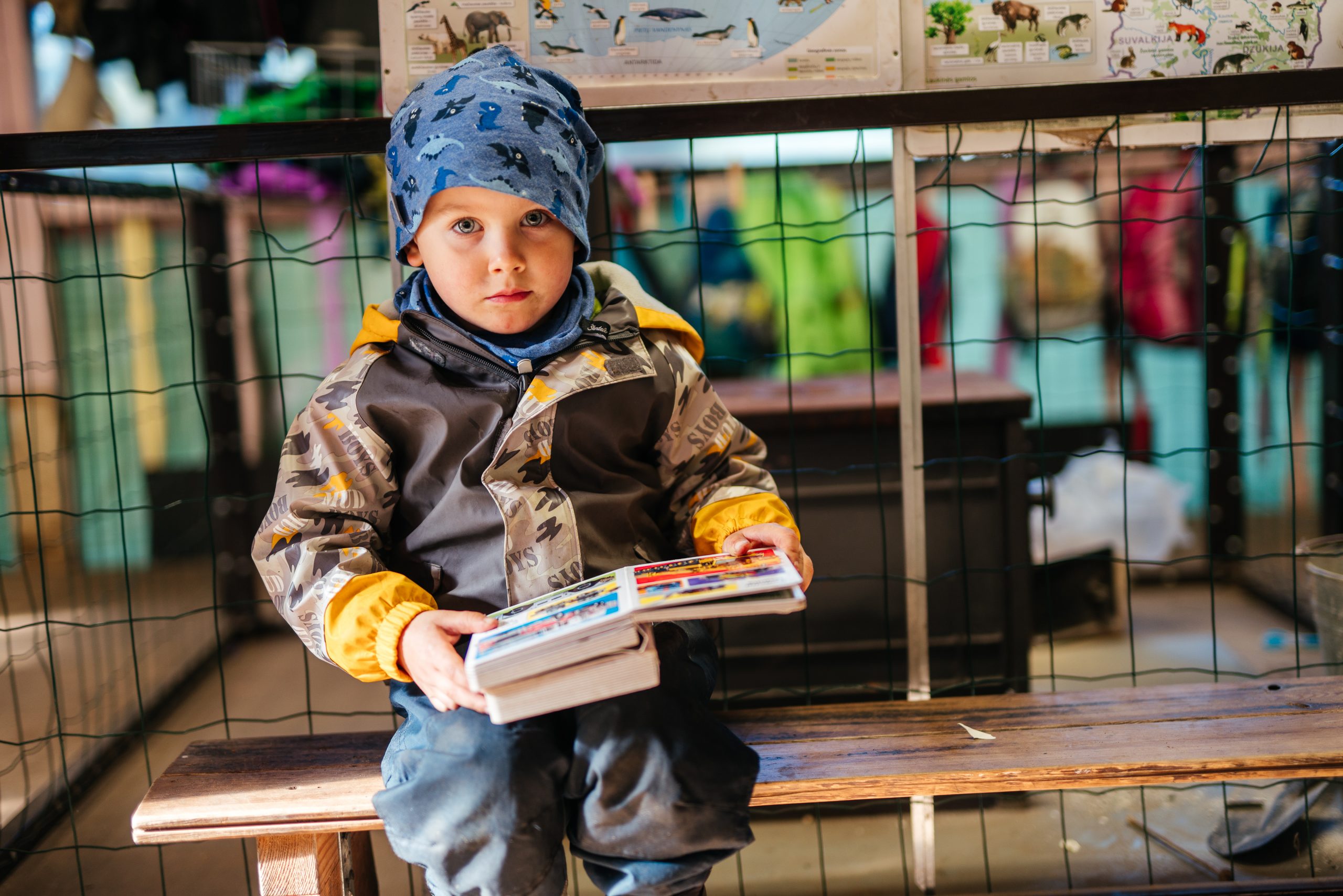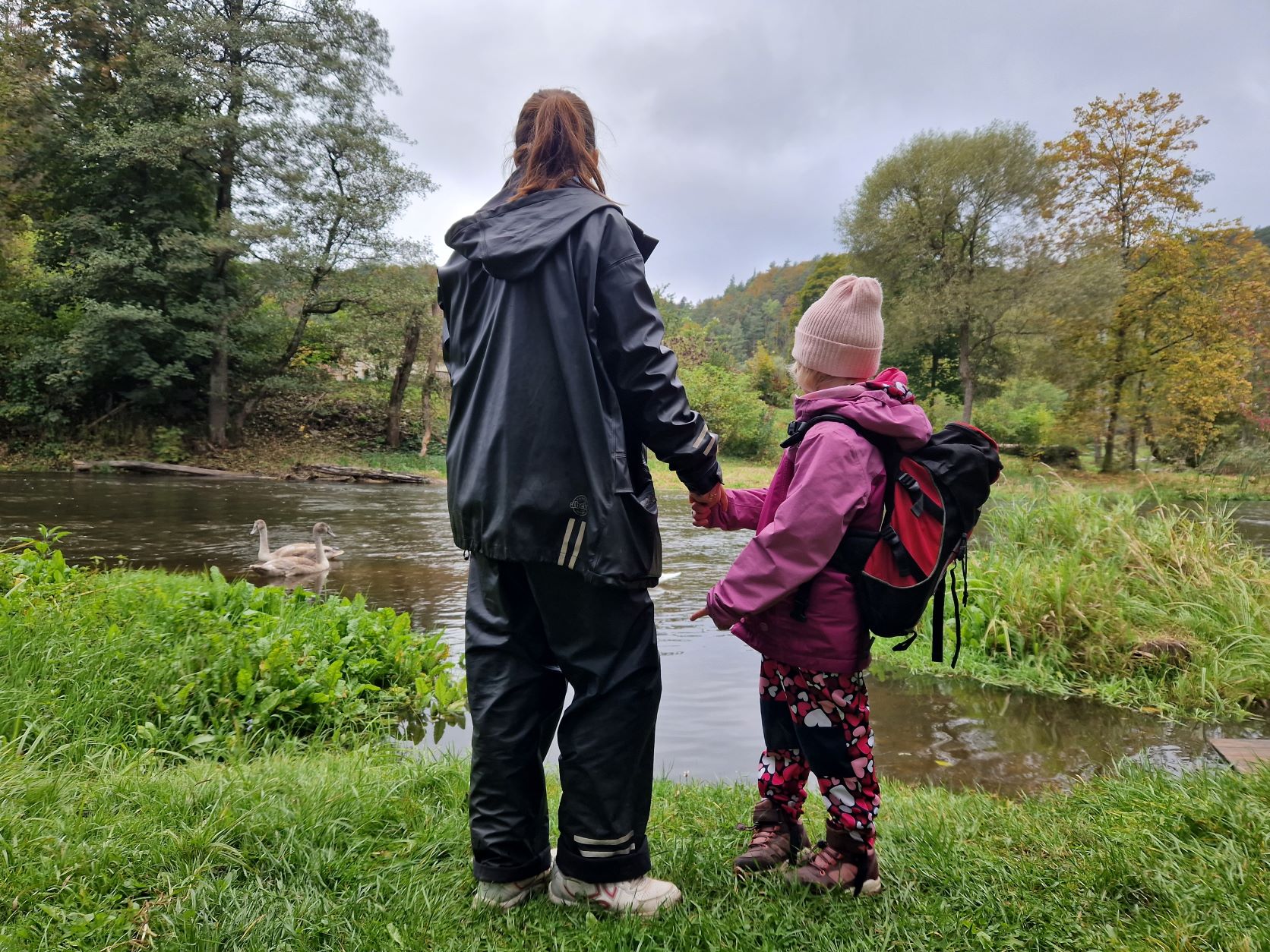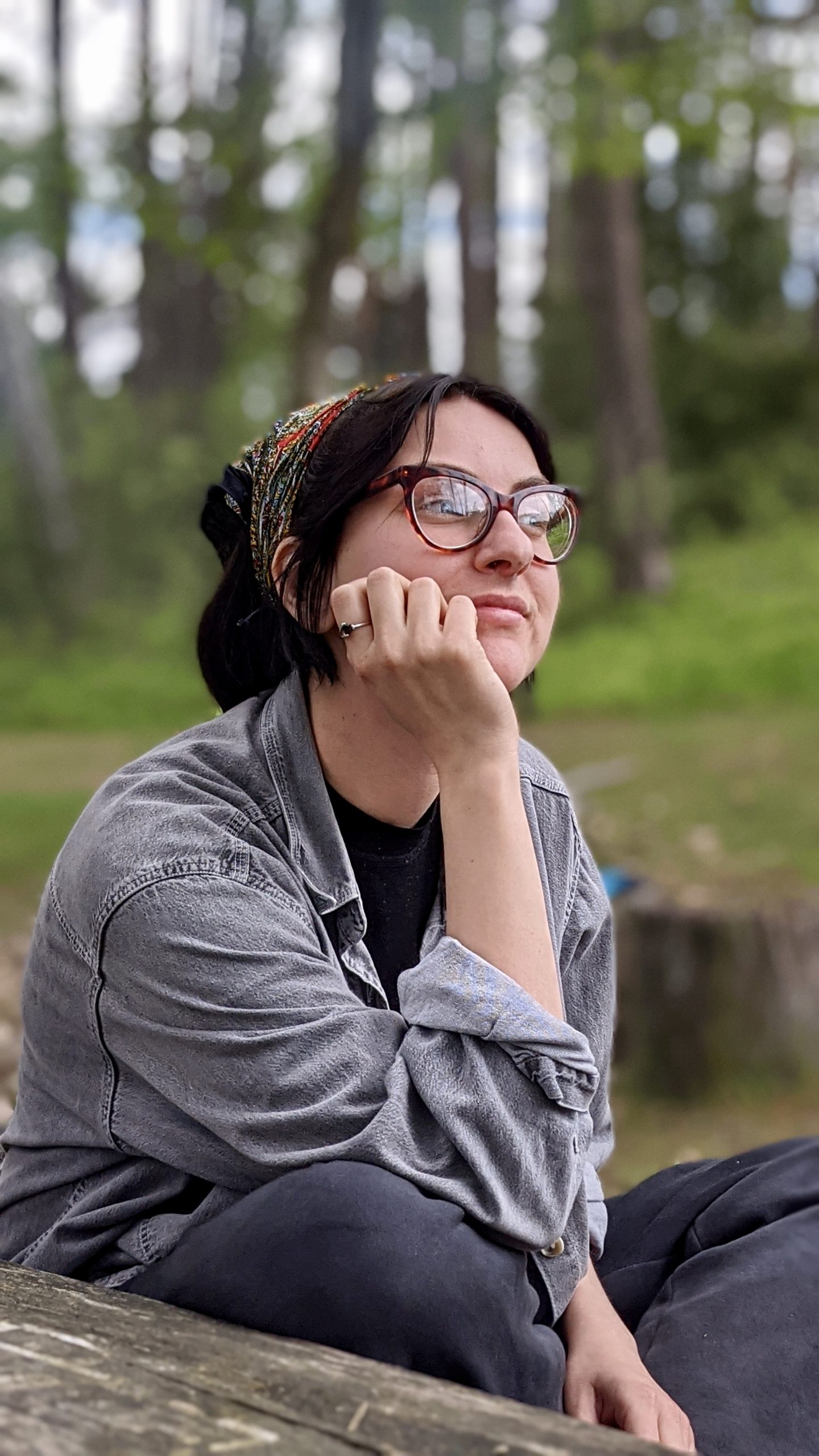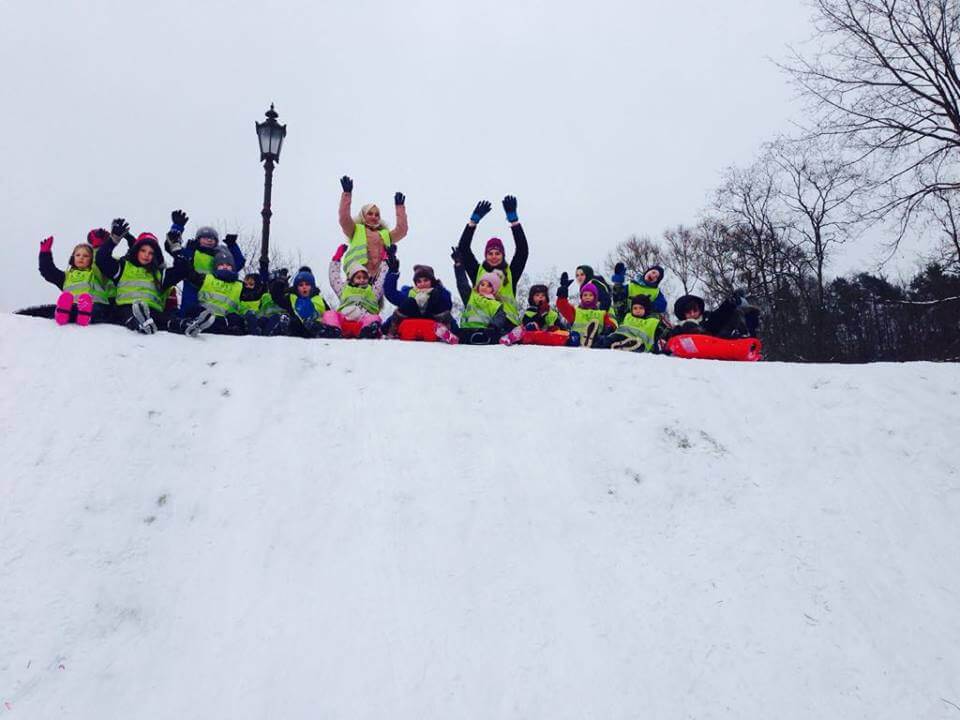
Kamal Ahamada iš Lauko mokyklos – apie projektą su pabėgėlių vaikais
Ar laukas yra tokia erdvė, kurioje lengviau pažinti ir prisijaukinti kitokį draugą? Taip! Vis labiau įsitikiname, kad lauko pedagogika puikiai tinka ir multikultūriniams iššūkiams spręsti. Neseniai Lauko darželio atstovai lankėsi Turkijos Adana mieste įsikūrusioje mokykloje Mehmet Selahattin Colak Ilkokulu, kurioje mokosi nemažai vaikų iš Sirijos. Dalyvavome Erasmus+ projekte ir dalinomės idėjomis, kaip lauką kūrybingai naudoti vaikų artimesniam bendravimui.
O dabar ir patys pamatėme, kaip viskas veikia, nes į pradinę Lauko mokyklą pasisvečiuoti atkeliavo būrelis Lietuvoje jau kurį laiką gyvenančių vaikų iš Sirijos. Mūsų pirmokai ir antrokai kartu su „Caritas“ atstovais pradėjo projektą, kurio tikslas – patyrinėti, kaip mokyklose sukurti pabėgėlių vaikams palankią aplinką. Abi vaikų grupės iš pradžių vieni į kitus žiūrėjo atsargiai. Negali sakyti, kad iš karto susidraugavo. Tačiau paskaičius Lauko mokyklos mokytojo Kamal Ahamada įspūdžius aiškiai matyti – supratimui reikia tik šiek tiek laiko, tinkamos aplinkos ir geranoriško ugdytojų požiūrio. Paskaitykite ir jūs:
Should sensitive social and political topics be discussed in school?
Whose responsibility is it to teach children about sensitive issues? Should teachers play a role? Well, as the old African saying goes, it takes a whole village to raise a child. Teachers, parents and the community all have their role on this. As teachers, our role is to create an environment where children feel safe as well as being able to think critically on issues that matter. While pedagogical and philosophical theories are being discussed around these questions, children in Lauko darželis and Lauko mokykla can already form their opinions on this, based on their own experience. Lauko mokykla is an outdoor school which has the capacity to implement such learning approach thanks to the broad-vision of the founder, Žilvinas Karpis, and the freedom and space that he leaves to the teachers in terms of creativity and initiative, as long as it respects a progressive and ethical pedagogy centered on nature and open-mindedness. I also believe that Outdoor pedagogy should not be limited to nature and forest but open to the social, political and cultural contemporary issues of the world.
Few weeks ago, our primary school children started a project based learning approach (PBL) with this driving question: How can we make refugees feel welcome in our school? This project was made in collaboration with Caritas organization, which received for the first time such young children, and probably not the last as it was a real success. A PBL is a teaching method in which students gain knowledge and skills by working for an extended period of time – from a week up to a semester – to investigate and respond to an authentic, engaging, and complex question, problem, or challenge. They demonstrate their knowledge and skills by developing a public product or presentation for a real audience. Academic subjects are of course included in the learning process but teachers put a strong emphasis on what is now called the 21st century skills such as collaboration, communication, creativity or critical thinking. This is a real challenge for all staff members, but when applied with endurance and consistency, it is truly rewarding both for teachers and learners.
The whole process of the project exceeded our expectations. We were impressed by the level of engagement of our kids in most of the planned lessons and activities (listening to a lecture, writing a play, organizing the day, writing interview questions, discussing about the causes of the refugee crisis etc). This definitely tells us that children can be ready to learn and explore issues or anything that stimulates their brain and emotions as long as it is done with care, sensitivity and pedagogy. We also feel blessed to have collaborative and open-minded parents with whom we share common values and understanding of children’s holistic development. Such relationship can only elevate children’s learning process to another level.
However, our young learners got a bit disappointed about the outcome of our special refugee day that took place in the last day of the project. They found our guests undisciplined and disrespectful of their private space (kindergarden) and materials (the slides). This was also a great opportunity to discuss about the underlying reasons of such behaviours, the importance of paying respect to others, the meaning of private/public space, the necessity of implementing rules/agreement and much more. In short, this was everything that our kids could relate to J, and their little world was somehow shaken up by the audacity and the outgoing nature of different kids out there, yet similar J. So be it! Most of the children we received that day were born and raised in places where war has been the daily routine for at least one or two decades. So you can imagine the traumatic experiences they have been through since early age. In our evaluation session that lasted a whole day, it was very important for our kids to understand that specific social and political background in order to help them deconstruct some of the behaviors that they interpreted as a cultural phenomenon. Unfortunately teachers, just like everybody else are all inclined to read the world in such limited way simply because the educational system is not interested in implementing a critical thinking pedagogy. This is not an anomaly of our educational institutions but a well-designed system that is meant to limit our ability of reflecting, caring and acting. But it is great to see that in a small country like Lithuania, there starts to be a light of hope for a pedagogy of liberation that restores the true meaning of education.
At the beginning many of our kids were reluctant to the possible idea of a second invitation to our school, but after drawing, writing, and discussing their feelings and concerns, they all agreed to give them a second chance. They even suggested special activities that could be done next time to ensure a great fun for everybody. After all, everybody deserves a second chance.
Kamal Ahamada is an educator, traveler, and activist who grew up in France, studied in Denmark and is now based in Vilnius, where he currently works as a teacher in Lauko mokykla. His areas of academic interests include: Postcolonial-decolonial theories, Pedagogy of liberation, alternative education, arts and cultures of resistance, psychoanalysis and race, transgenerational trauma, solidarity politics, Africa and Middle East politic.

